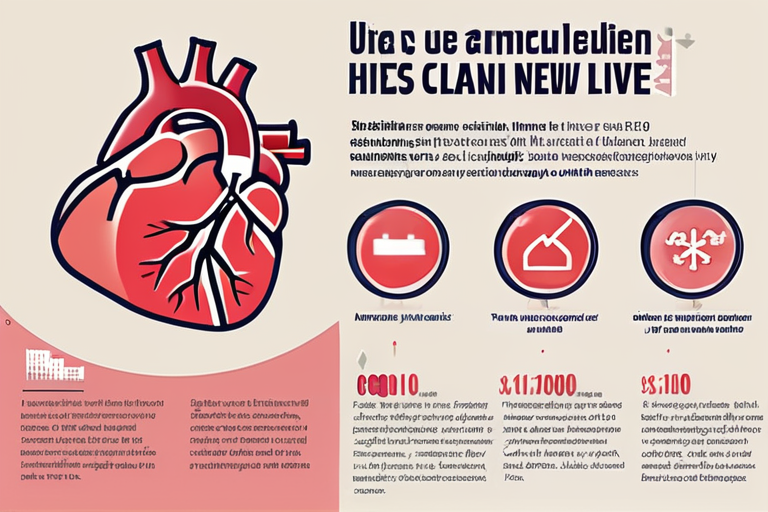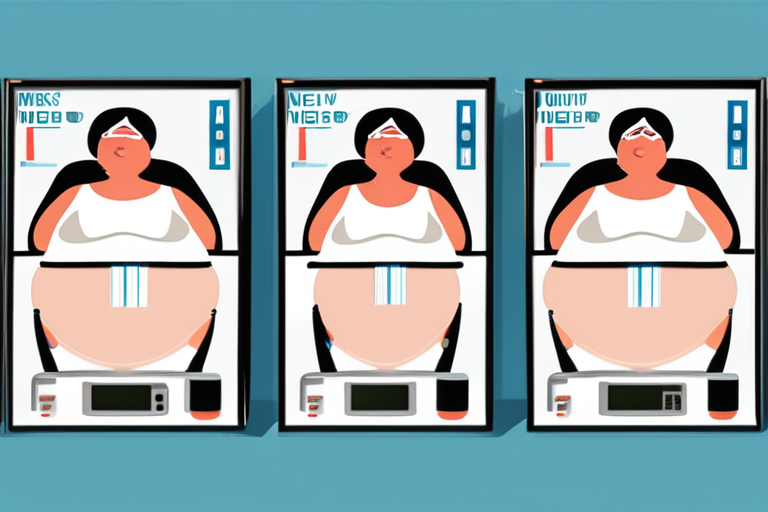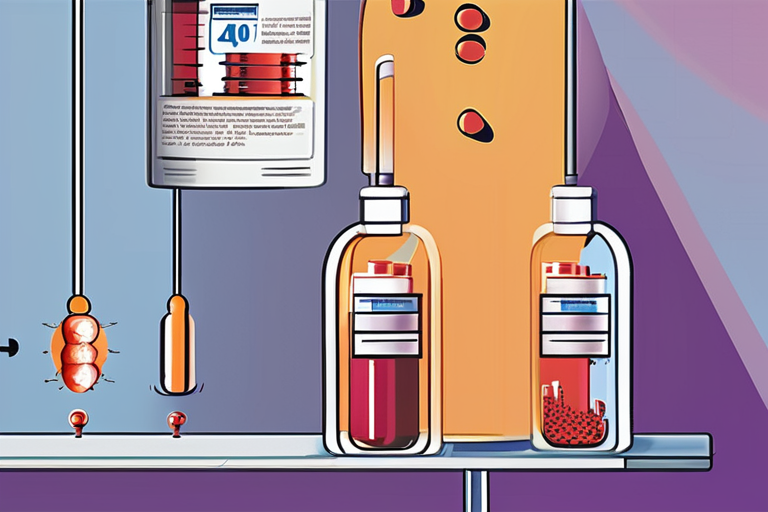Shares of pharmaceutical companies that manufacture GLP-1 medications, such as tirzepatide and semaglutide, may see a boost in the coming days following the release of a massive real-world study comparing the two drugs. The research, conducted by a team at Mass General Brigham, reveals that both medications deliver strong, early cardiovascular protection, reducing the risk of heart attack, stroke, and death in adults with type 2 diabetes.
According to the study, published in Nature Medicine, both tirzepatide and semaglutide showed significant reductions in cardiovascular events, with tirzepatide demonstrating a 14% lower risk of heart attack, stroke, or death from any cause compared to semaglutide. However, the researchers found only modest distinctions between the two medications, contradicting claims made by the manufacturers that one drug is significantly better than the other.
"We were surprised to find that the differences between tirzepatide and semaglutide were not as large as we expected," said Dr. Jeffrey Probstfield, lead author of the study. "Our findings suggest that both medications are effective in reducing cardiovascular risk, and patients with type 2 diabetes may benefit from either medication."
The study analyzed data from over 10,000 patients with type 2 diabetes who were prescribed either tirzepatide or semaglutide. The researchers found that both medications were associated with significant reductions in cardiovascular events, including heart attack, stroke, and death from any cause.
The findings of the study have significant implications for the treatment of type 2 diabetes, a condition that affects over 30 million adults in the United States. According to the Centers for Disease Control and Prevention (CDC), type 2 diabetes is a major risk factor for cardiovascular disease, which is the leading cause of death in the United States.
The study's findings also have implications for the pharmaceutical industry, which has seen a surge in demand for GLP-1 medications in recent years. Tirzepatide, marketed under the brand name Mounjaro and Zepbound, has been a top seller for Eli Lilly and Company, while semaglutide, marketed under the brand names Ozempic and Wegovy, has been a top seller for Novo Nordisk.
The study's authors note that their findings highlight the importance of real-world evidence in guiding treatment decisions for patients with type 2 diabetes. "Our study demonstrates the value of real-world data in understanding the effectiveness of different treatments," said Dr. Probstfield. "We hope that our findings will inform treatment decisions and improve outcomes for patients with type 2 diabetes."
The study's findings are expected to have a significant impact on the treatment of type 2 diabetes, with many experts predicting that the results will lead to increased use of GLP-1 medications. As the pharmaceutical industry continues to evolve, it remains to be seen how the study's findings will shape the development of new treatments for type 2 diabetes.


























Share & Engage Share
Share this article